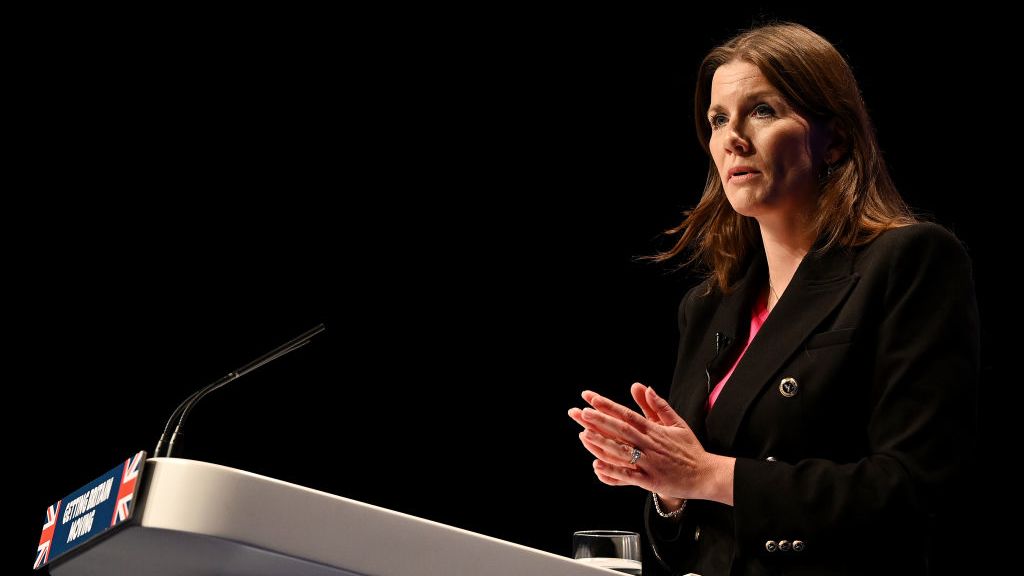OFT says behavioural advertisers can regulate themselves
But just in case, it plans to work with the ICO to figure out how best to enforce the rules.


The advertising industry can be trusted to self regulate when it comes to behavioural advertising online, according to a report from the Office of Fair Trading.
However, the OFT stressed that it would work with the Information Commissioner's Office to "enforce" regulations when self-regulation from bodies like the Internet Advertising Bureau (IAB) didn't work.
Behavioural advertising tracks users as they roam the net - either using cookies or, like controversial Phorm, using deep packet inspection at the network level. The collected data is used to show more relevant ads to users.
While such systems have their benefits - they can cut advertising costs, boost revenues for websites, and show more useful adverts to consumers - they've frequently been criticised over privacy issues and could lead to discriminatory targeted pricing schemes, the OFT noted.
Heather Clayton, OFT Senior Director in the Consumer Market Group, explained that it was important to act now to encourage the industry to grow in the right way. "The OFT is keen to engage with industry players and consumer groups while behavioural advertising is in its relative infancy, and before targeted pricing takes hold, so that the market develops in a way that protects consumers from bad practice," she said in a statement.
"Discussions now about the potential for both benefits and harm, and how consumer protection legislation applies, will stand us in good stead in the event that industry action proves ineffective or targeted pricing becomes a reality."
The report admitted that the OFT and ICO could act as an "important fall-back if self-regulation were to fail or if there were concerns about practices which fell outside its scope."
Sign up today and you will receive a free copy of our Future Focus 2025 report - the leading guidance on AI, cybersecurity and other IT challenges as per 700+ senior executives
The report called on the IAB to ask its members to offer clear opt out systems, ensure behavioural ads are clearly marked, and draw up guidelines over how to handle sensitive data. It also called on the body to include non-industry representatives on its complaints board.
Another issue has been whether such systems should be opt in or opt out. The OFT noted that the industry believes an opt-in system would make the internet difficult to use and actually slow surfing, but the watchdog is more concerned with transparency - an issue its own survey showed was key to consumers.
Freelance journalist Nicole Kobie first started writing for ITPro in 2007, with bylines in New Scientist, Wired, PC Pro and many more.
Nicole the author of a book about the history of technology, The Long History of the Future.
-
 Three things you need to know about the EU Data Act ahead of this week's big compliance deadline
Three things you need to know about the EU Data Act ahead of this week's big compliance deadlineNews A host of key provisions in the EU Data Act will come into effect on 12 September, and there’s a lot for businesses to unpack.
-
 UK financial services firms are scrambling to comply with DORA regulations
UK financial services firms are scrambling to comply with DORA regulationsNews Lack of prioritization and tight implementation schedules mean many aren’t compliant
-
 What the US-China chip war means for the tech industry
What the US-China chip war means for the tech industryIn-depth With China and the West at loggerheads over semiconductors, how will this conflict reshape the tech supply chain?
-
 Former TSB CIO fined £81,000 for botched IT migration
Former TSB CIO fined £81,000 for botched IT migrationNews It’s the first penalty imposed on an individual involved in the infamous migration project
-
 Microsoft, AWS face CMA probe amid competition concerns
Microsoft, AWS face CMA probe amid competition concernsNews UK businesses could face higher fees and limited options due to hyperscaler dominance of the cloud market
-
 Online Safety Bill: Why is Ofcom being thrown under the bus?
Online Safety Bill: Why is Ofcom being thrown under the bus?Opinion The UK government has handed Ofcom an impossible mission, with the thinly spread regulator being set up to fail
-
 Can regulation shape cryptocurrencies into useful business assets?
Can regulation shape cryptocurrencies into useful business assets?In-depth Although the likes of Bitcoin may never stabilise, legitimising the crypto market could, in turn, pave the way for more widespread blockchain adoption
-
 UK gov urged to ease "tremendous" and 'unfair' costs placed on mobile network operators
UK gov urged to ease "tremendous" and 'unfair' costs placed on mobile network operatorsNews Annual licence fees, Huawei removal costs, and social media network usage were all highlighted as detrimental to telco success


